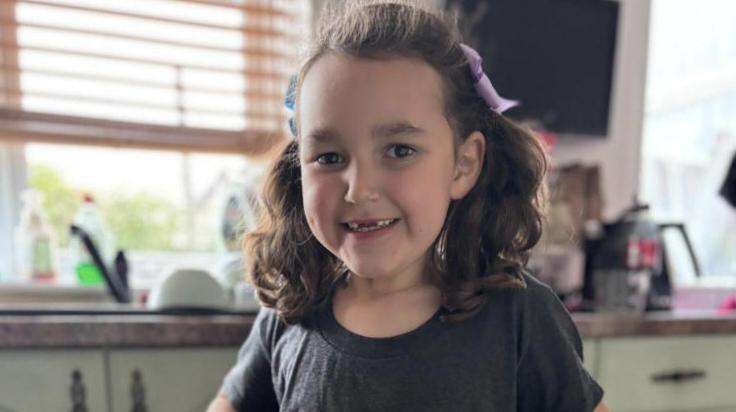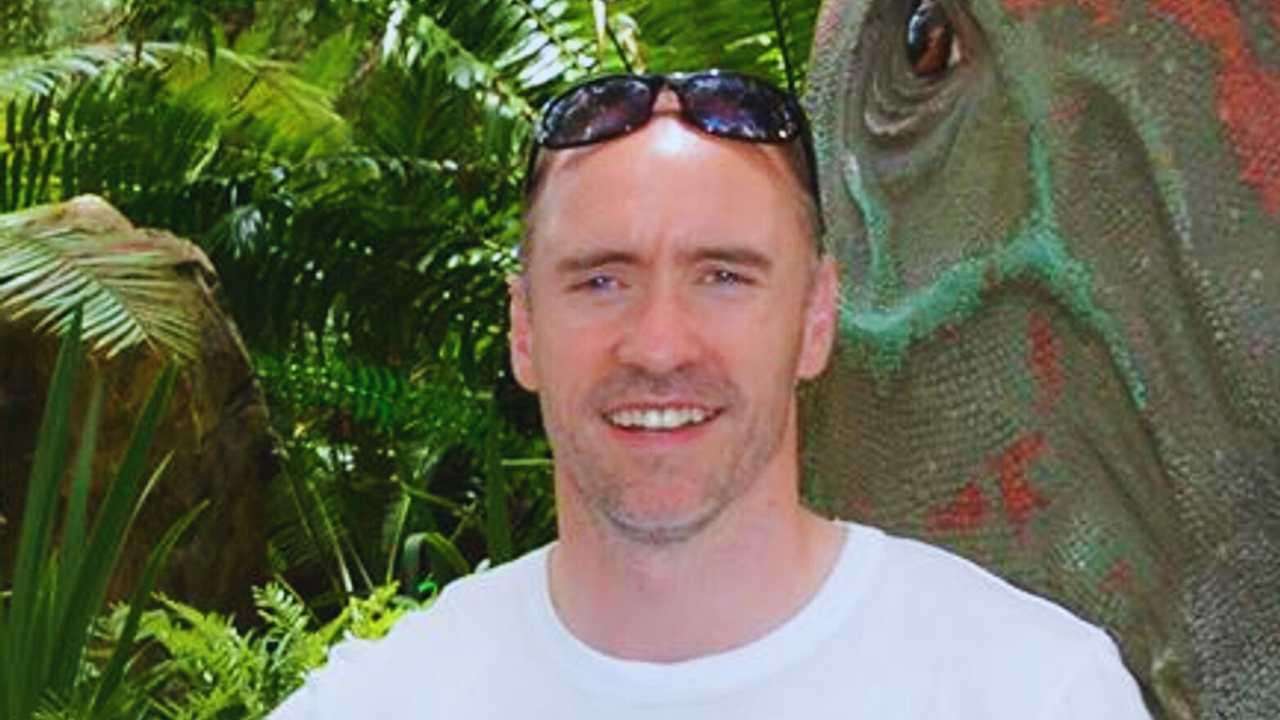British Bangladeshis are being called upon to participate in a crucial national health study, 'Genes & Health', designed to unravel the genetic links to prevalent diseases like heart disease, diabetes, and cancer. The initiative seeks to understand why these conditions affect British Bangladeshi and British Pakistani communities at significantly higher rates, with the ultimate goal of developing more effective treatments and preventative strategies.
This vital research, backed by the National Institute for Health and Care Research (NIHR), is actively recruiting participants aged 16 and over across Oxfordshire, Berkshire, and Buckinghamshire. Dr. Nadeem Ahmed, Principal Investigator at Melrose Surgery in Reading, emphasized the profound impact of participation, stating, "This is a great opportunity for our local Pakistani and Bangladeshi communities to contribute to research and to help make a difference to health outcomes of their future generations."
Understanding the Disparity: A Critical Need for Representation
Individuals of Bangladeshi and Pakistani heritage are disproportionately affected by a range of health conditions in the UK. For instance, data indicates that people from Pakistani and Bangladeshi backgrounds have higher rates of diagnosed diabetes, chronic pain, and cardiovascular disease compared to the White British population. Specifically concerning diabetes, British South Asian people are six times more likely to develop Type 2 diabetes than the rest of the UK population. Mortality rates from ischaemic heart disease are also notably higher among Bangladeshi, Pakistani, and Indian groups.
Despite these significant health disparities, British Bangladeshi and British Pakistani communities have historically been underrepresented in genetic research. This lack of representation means that research discoveries and new treatments developed based on predominantly White European genetic data may not be as effective or even safe for these communities. The 'Genes & Health' study directly addresses this critical gap, ensuring that future medical advancements are inclusive and beneficial for all.
How to Participate and Contribute to Future Health
Taking part in the 'Genes & Health' study is straightforward. Participants are asked to provide a small saliva sample at participating GP practices and hospitals in towns and cities including Oxford, Reading, and Aylesbury. They will also complete a short health questionnaire and grant consent for the study to securely link to their NHS health data. For convenience, individuals can also sign up online and receive a saliva kit to complete at home.
All volunteers give consent to be contacted for potential follow-up studies based on information from their samples and NHS data. Researchers maintain strict confidentiality, keeping samples and genetic information separate from personal details, and participants retain the right to withdraw at any time.
Groundbreaking Discoveries and Future Promise
The 'Genes & Health' study, launched in East London in 2015 and later expanded to Bradford and Greater Manchester, has already made significant strides. It is one of the world's largest community-based genetics studies, having already recruited over 65,000 British Bangladeshi including Sylheti and also Pakistani individuals across the country. The project aims to recruit a total of 100,000 people living in England by the end of 2028.
Among its important discoveries, the study has identified genetic factors specific to South Asian people that contribute to an earlier onset of Type 2 diabetes. Furthermore, research accessing the study's samples found that Clopidogrel, a commonly prescribed drug after heart attacks to prevent further issues, does not metabolize effectively in over 50% of South Asian people, leading to changes in prescription practices. These findings underscore the vital role of diverse genetic data in tailoring treatments for different populations.
Supported by both the government-funded Medical Research Council and the medical charity Wellcome Trust, the 'Genes & Health' study is paving the way for a more equitable future in healthcare, ensuring that research and medical advancements benefit everyone, regardless of their ethnic background.







_1.jpg)
.svg)

